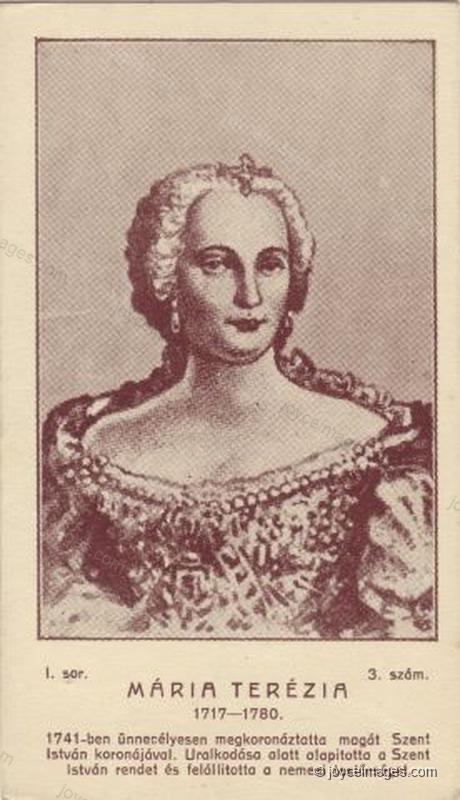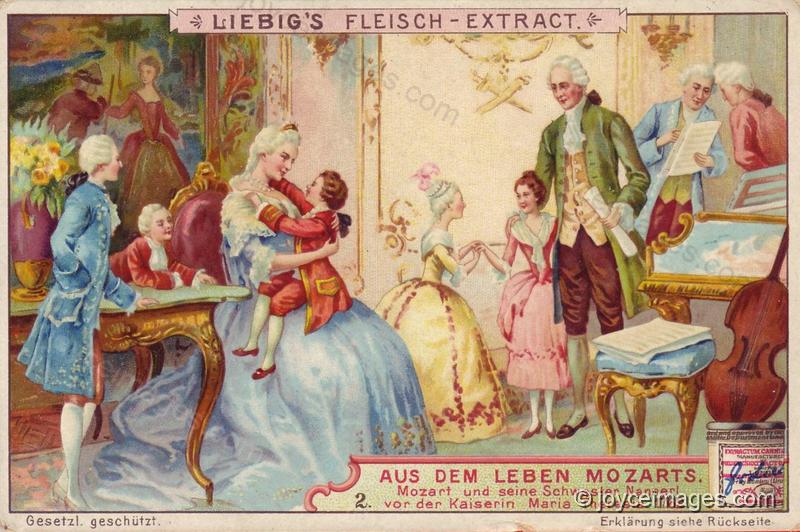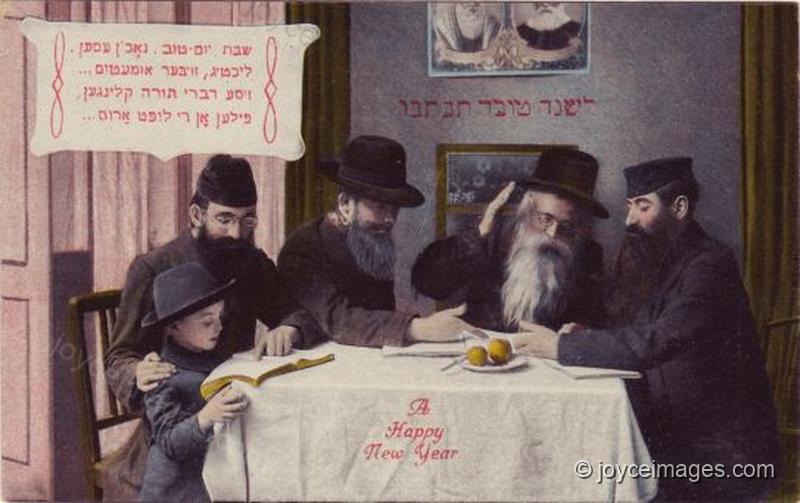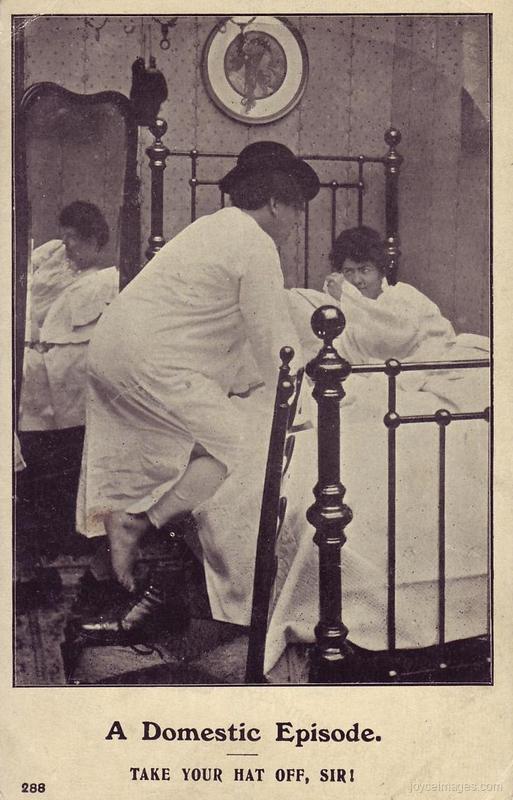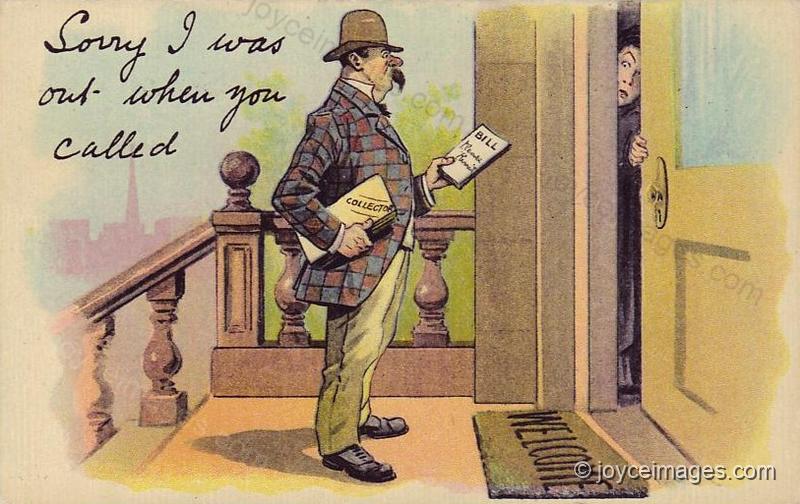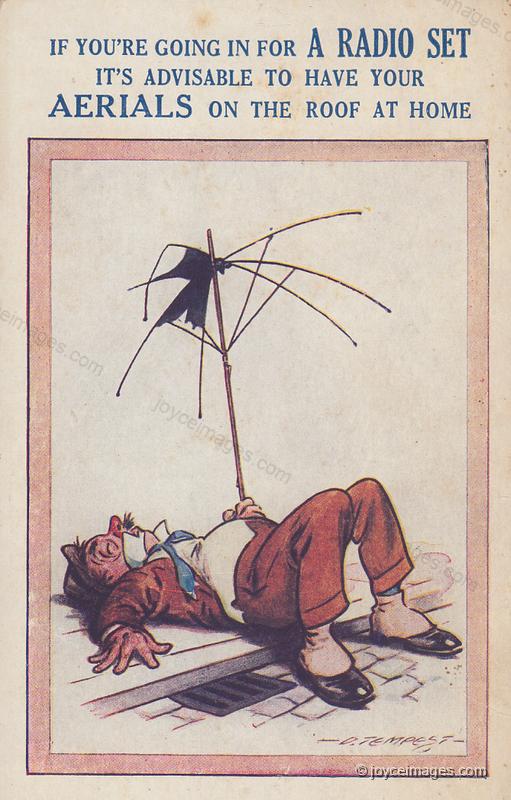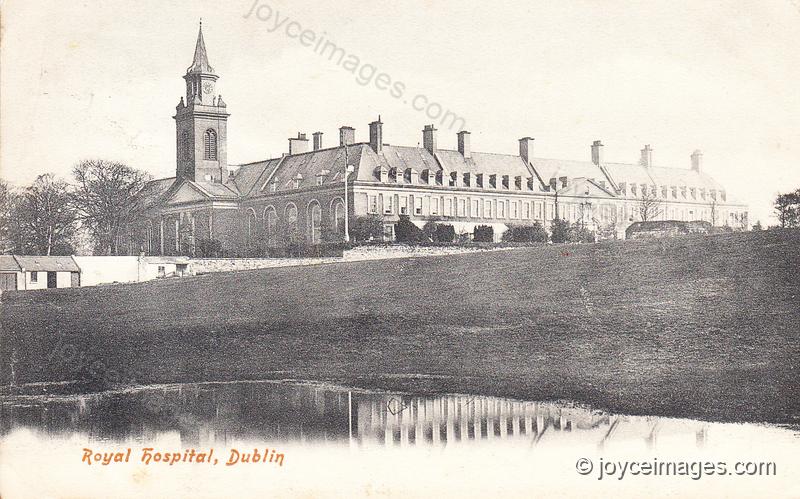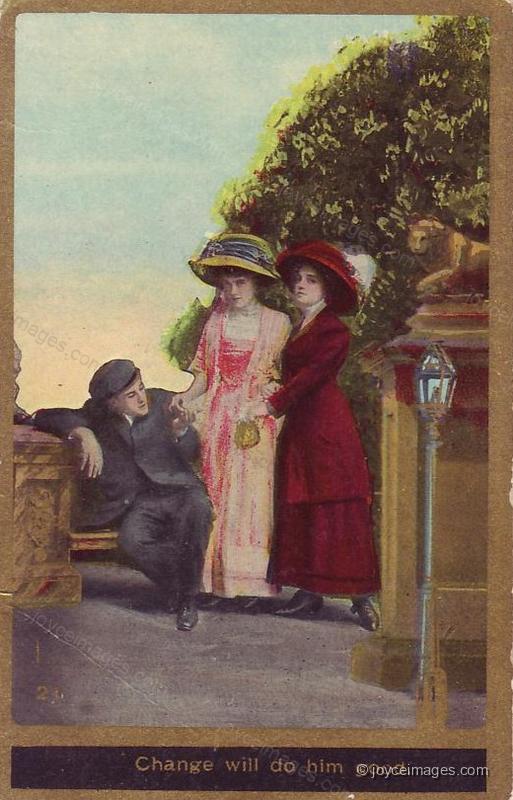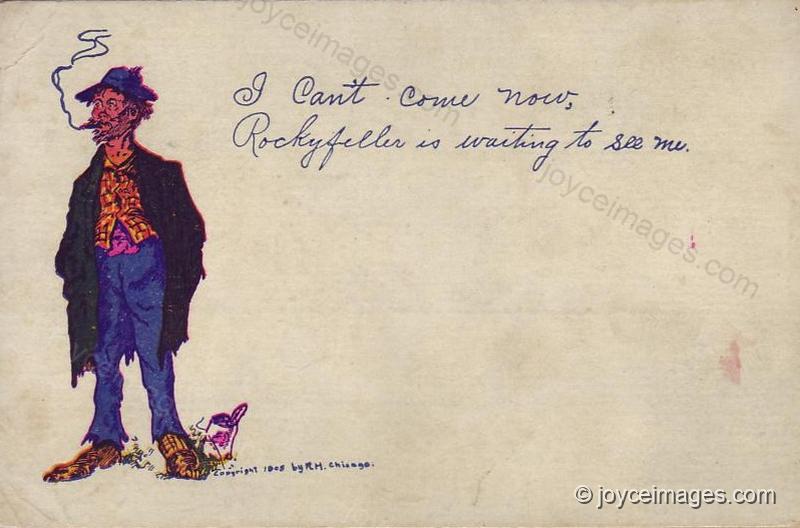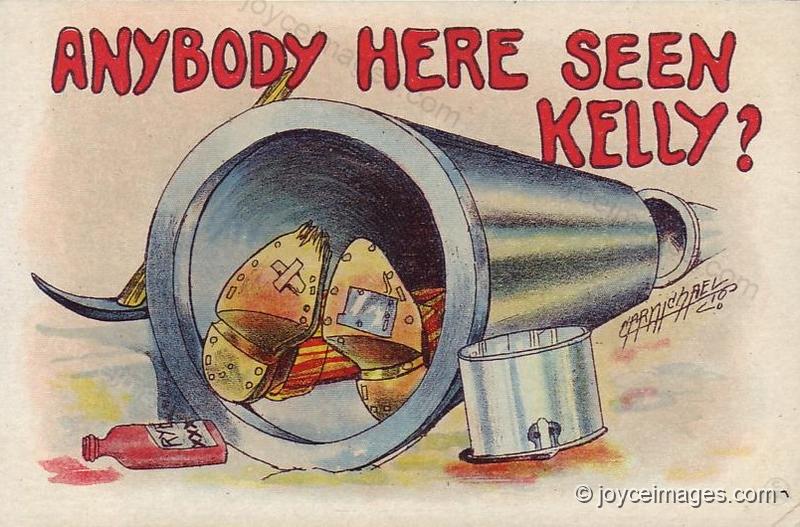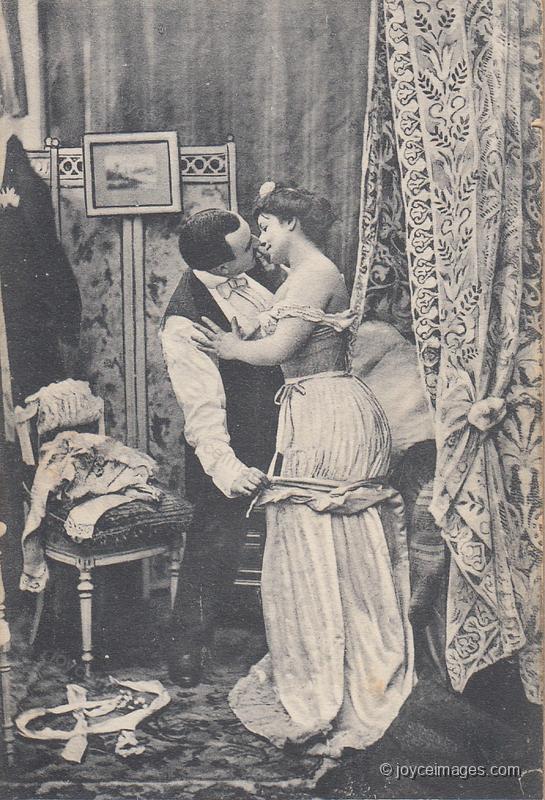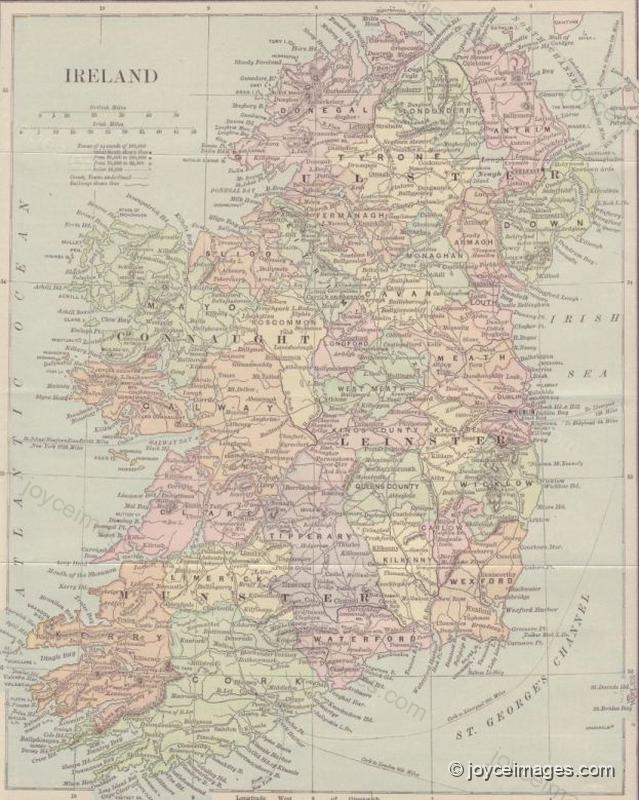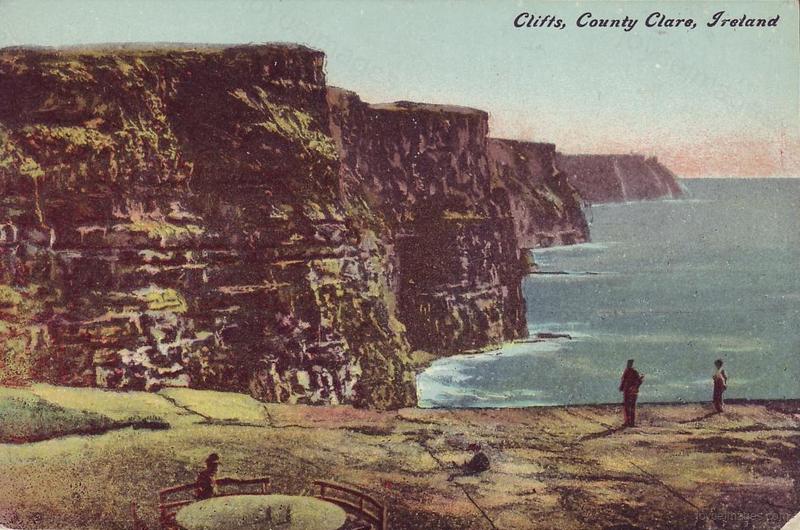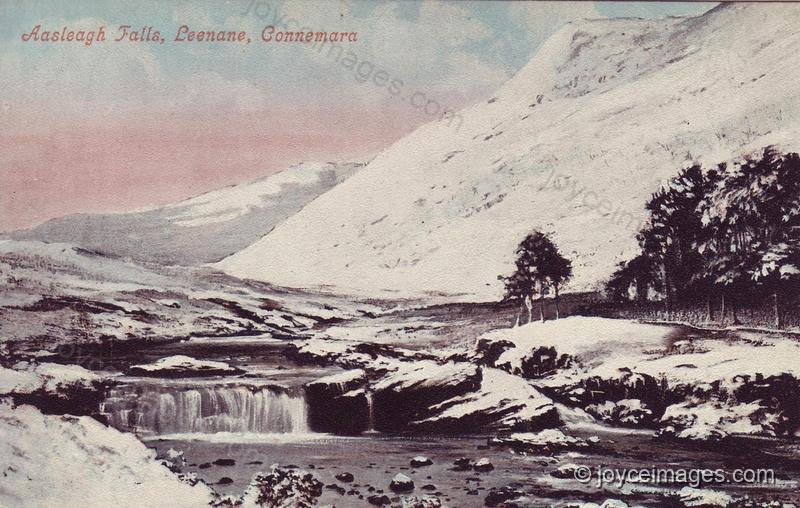"(his grandfather having seen Maria Theresia, empress of Austria, queen of Hungary), with commercial advice (having taken care of pence, the pounds having taken care of themselves)." (U17.1909)
Maria Theresia (1717 - 1780) was the first and only ruling Empress of the 650-yr Habsburg dynasty. Her titles included Archduchess of Austria, Queen of Hungary, and Queen of Bohemia from 1740 until her death. She also became the Holy Roman Empress when her husband was elected Holy Roman Emperor. She was one of the most powerful rulers of her time, ruling over much of central Europe, and one of the 'enlightened despots.' She was the eldest daughter of Elisabeth Christine of Brunswick-Wolfenbattel and Charles VI, whose sole male heir -Leopold Johann- died as an infant in 1716. Maria Theresia was married to Francis Stephen, Duke of Lorraine. They had 16 children, with 11 daughters (all with the first name Maria) and 5 sons surviving to adulthood; their youngest daughter was Maria Antonia (later known as Marie Antoinette, wife of Louis XVI of France).
Maria Theresia (1717 - 1780) was the first and only ruling Empress of the 650-yr Habsburg dynasty. Her titles included Archduchess of Austria, Queen of Hungary, and Queen of Bohemia from 1740 until her death. She also became the Holy Roman Empress when her husband was elected Holy Roman Emperor. She was one of the most powerful rulers of her time, ruling over much of central Europe, and one of the 'enlightened despots.' She was the eldest daughter of Elisabeth Christine of Brunswick-Wolfenbattel and Charles VI, whose sole male heir -Leopold Johann- died as an infant in 1716. Maria Theresia was married to Francis Stephen, Duke of Lorraine. They had 16 children, with 11 daughters (all with the first name Maria) and 5 sons surviving to adulthood; their youngest daughter was Maria Antonia (later known as Marie Antoinette, wife of Louis XVI of France).
This is Maria Theresia during another historic encounter, with the child prodigy Wolfgang Amadeus Mozart and his sister Nannerl (1762). Maria Theresia was a loving and caring woman. Her reforms (seen as progressive for her time) included supporting vaccination, regulating the serf's labor payments, outlawing witch-burning and torture, installing a decency police, and mandatory education. She is buried in the Imperial Crypt in Vienna.
"Leopold Bloom (aged 6) had accompanied these narrations by constant consultation of a geographical map of Europe (political) and by suggestions for the establishment of affiliated business premises in the various centres mentioned.
Had time equally but differently obliterated the memory of these migrations in narrator and listener?
In narrator by the access of years and in consequence of the use of narcotic toxin: in listener by the access of years and in consequence of the action of distraction upon vicarious experiences." (U17.1911)
Had time equally but differently obliterated the memory of these migrations in narrator and listener?
In narrator by the access of years and in consequence of the use of narcotic toxin: in listener by the access of years and in consequence of the action of distraction upon vicarious experiences." (U17.1911)
"What idiosyncracies of the narrator were concomitant products of amnesia?
Occasionally he ate without having previously removed his hat. Occasionally he drank voraciously the juice of gooseberry fool from an inclined plate. Occasionally he removed from his lips the traces of food by means of a lacerated envelope or other accessible fragment of paper.
What two phenomena of senescence were more frequent?
The myopic digital calculation of coins, eructation consequent upon repletion.
What object offered partial consolation for these reminiscences?
The endowment policy, the bank passbook, the certificate of the possession of scrip." (U17.1921)
Occasionally he ate without having previously removed his hat. Occasionally he drank voraciously the juice of gooseberry fool from an inclined plate. Occasionally he removed from his lips the traces of food by means of a lacerated envelope or other accessible fragment of paper.
What two phenomena of senescence were more frequent?
The myopic digital calculation of coins, eructation consequent upon repletion.
What object offered partial consolation for these reminiscences?
The endowment policy, the bank passbook, the certificate of the possession of scrip." (U17.1921)
"Reduce Bloom by cross multiplication of reverses of fortune, from which these supports protected him, and by elimination of all positive values to a negligible negative irrational unreal quantity.
Successively, in descending helotic order: Poverty: that of the outdoor hawker of imitation jewellery, the dun for the recovery of bad and doubtful debts, the poor rate and deputy cess collector." (U17.1933)
Successively, in descending helotic order: Poverty: that of the outdoor hawker of imitation jewellery, the dun for the recovery of bad and doubtful debts, the poor rate and deputy cess collector." (U17.1933)
"Mendicancy: that of the fraudulent bankrupt with negligible assets paying 1/4d in the £, sandwichman, distributor of throwaways, nocturnal vagrant, insinuating sycophant, maimed sailor, blind stripling, superannuated bailiff's man, marfeast, lickplate, spoilsport, pickthank," (U17.1938)
"eccentric public laughingstock seated on bench of public park under discarded perforated umbrella." (U17.1942)
"Destitution: the inmate of Old Man's House (Royal Hospital), Kilmainham, the inmate of Simpson's Hospital for reduced but respectable men permanently disabled by gout or want of sight." (U17.1944)
"Nadir of misery: the aged impotent disfranchised ratesupported moribund lunatic pauper." (U17.1946)
"With which attendant indignities?
The unsympathetic indifference of previously amiable females, the contempt of muscular males," (U17.1948)
The unsympathetic indifference of previously amiable females, the contempt of muscular males," (U17.1948)
"the latration of illegitimate unlicensed vagabond dogs, the infantile discharge of decomposed vegetable missiles, worth little or nothing, nothing or less than nothing." (U17.1951)
"By what could such a situation be precluded?
By decease (change of state): by departure (change of place).
Which preferably?
The latter, by the line of least resistance.
What considerations rendered departure not entirely undesirable?
Constant cohabitation impeding mutual toleration of personal defects. The habit of independent purchase increasingly cultivated. The necessity to counteract by impermanent sojourn the permanence of arrest." (U17.1954)
By decease (change of state): by departure (change of place).
Which preferably?
The latter, by the line of least resistance.
What considerations rendered departure not entirely undesirable?
Constant cohabitation impeding mutual toleration of personal defects. The habit of independent purchase increasingly cultivated. The necessity to counteract by impermanent sojourn the permanence of arrest." (U17.1954)
"What considerations rendered departure not irrational?
The parties concerned, uniting, had increased and multiplied, which being done, offspring produced and educed to maturity, the parties, if not disunited were obliged to reunite for increase and multiplication, which was absurd, to form by reunion the original couple of uniting parties, which was impossible." (U17.1962)
The parties concerned, uniting, had increased and multiplied, which being done, offspring produced and educed to maturity, the parties, if not disunited were obliged to reunite for increase and multiplication, which was absurd, to form by reunion the original couple of uniting parties, which was impossible." (U17.1962)
"What considerations rendered departure desirable?
The attractive character of certain localities in Ireland and abroad, as represented in general geographical maps of polychrome design or in special ordnance survey charts by employment of scale numerals and hachures." (U17.1968)
The attractive character of certain localities in Ireland and abroad, as represented in general geographical maps of polychrome design or in special ordnance survey charts by employment of scale numerals and hachures." (U17.1968)
